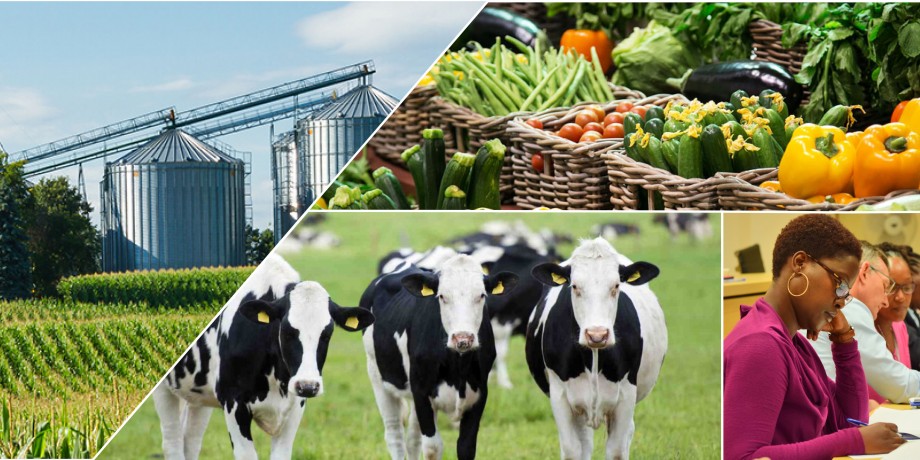
The telecommunications and renewable energy industries understand a lot about disruption. One figured out how to put a mobile phone in the hands of half of a billion Africans and supply them with all the digital software they need to become powerful consumers. The other bypassed distant, undependable central power grids and became the continent’s most effective solution for rural electrification.
What made telecoms and renewables each so successful is their textbook devotion to the laws of disruption in Africa. The first is the utilisation of low-cost technology to promote the financial inclusion of informal sectors into the mainstream economy.
Another is to render redundant the construction of expensive infrastructure like power plants or the copper cables used for fixed-line telephones.
The third, and most important, is innovative funding models that ensure sufficient capital is directed to worthy projects. If it ever hopes to achieve similar leaps in development, Africa’s agri-food industry should immediately embrace leapfrogging.
Fortunately, the stars are aligning. The socioeconomic conditions that underpinned the growth of digital and renewable energy connectivity in Africa – rapid population growth and urbanisation coupled with access to low-cost technologies – are the same that can turn African agri-food into the strategic sector of the future.
Consumer spending in Africa is expected to grow by $645 billion between 2015 and 2025 and more than a quarter of that could be in food and beverages.
Tech innovators were the newest African millionaires of the last decade. In the decade to come, on a continent where almost 60% of the labour force works in agriculture, the next millionaires will likely be farmers. Akinwumi Adesina understands this.
The Nigerian ago-economist and son of a farmer who is now head of the African Development Bank recognises the role of innovation and self-reliance in creating value. “I want young people to enter an entrepreneurially oriented agricultural sector,” he said in a report called Leapfrogging Africa.
“Because nobody drinks oil, nobody smokes gas, but 1.3 billion people eat food. That is the biggest and the most profitable market.”
In 2020, even as Africa suffered its first economic recession in 25 years, it was therefore not surprising that agribusiness remained one of the most resilient sectors, showing glimmers of promise to achieve strong growth. Of the 150 investment opportunities listed on the Asoko Insight virtual dealrooms, nearly half are in agriculture.
Everywhere we turn we are surrounded by new ideas on how to revolutionise African agribusiness. Invest in diversification. Invest in educating farmers. Invest in infrastructure. Invest in technology and mechanising crop production to integrate small-scale farmers, who constitute the base of agricultural production in Africa.
The operative word in every scenario is investment. Agribusiness will simply not achieve sufficient levels of innovation unless it also adopts more disruptive, non-traditional investment models.
Private equity and venture capital investors could learn a lot from NGOs on how to create funding structures that are uniquely suited to African agriculture, where the majority of productivity growth is driven by smallholder farmers.
The One Acre Fund, for example, provides local farmers across Africa with financial products that are suited to their cash flows and spending behaviour. The result: more than 1 million farmers have benefited from micro-loans, with a repayment rate of 97%.
Too often strategic investors attempt to make projects fit within traditional, short-term funding models that are doomed for disappointment. Investment vehicles with a unique structure that combines market-specific expertise with open-ended exit terms for its investors might better be suited for the true lifecycle of African agribusiness projects.
If private equity funds and venture capitalists rallied around this new thinking, they would be adhering to another proven law of disruption: in Africa the best business solutions are rarely one size fits all. Very often, they are one size fits none.
By Henri de Villeneuve is founder and director of COBASA.











